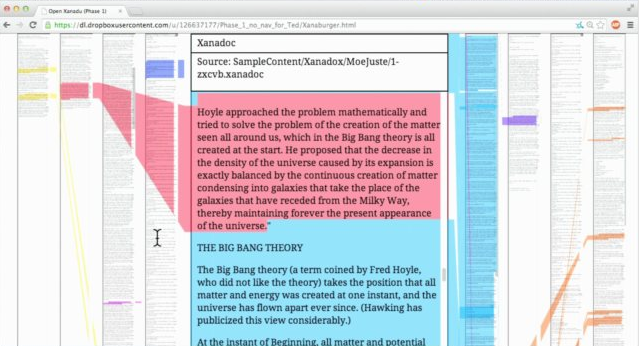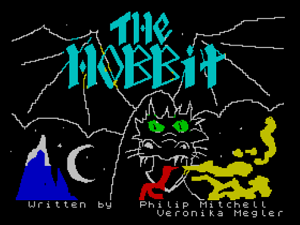I was reading about the Yale Lifestreams project which may have been one of the first life-tracking projects. Lifestreams was developed by Eric Freeman (it was his 1997 PhD project) and David Gelernter. They had some interesting ideas about how the computer should organize your data into streams rather than you having to file stuff. The streams could take advantage of the flow of your life. Here is how lifestream is defined:
A lifestream is a time-ordered stream of documents that functions as a diary of your electronic life; every document you create and every document other people send you is stored in your lifestream.
Freeman and Gelernter tried to commercialize the ideas through Scopeware released by Mirror Worlds. If you search Google Images for Scopeware you can see a number of screenshots that give an idea of how the interface organized files into streams.
Many of their interface ideas seem to have reappeared in things like Apple’s Cover Flow and Time Machine which explains why Mirror Worlds sued Apple (unseccessfully).
The idea is supposed to have come from Gelernter’s semi-philosophical book Mirror Worlds: Or the Day Software Puts the Universe in a Shoebox…How It Will Happen and What It Will Mean (1991) in which he reflects on the change from small personal software to large networked software that “mirrors” the world. Google Street View and all the virtual surrogates available on the web would seem to prove him right, though he may have been imagining more of a VR type implementation. (Admission: I haven’t read the book, just reviews.)
What intrigues me is the focus on time and the move away from representations of time as a line that traverses from left to right. In streams you are in time and can swim back like driving down a road to the past.




